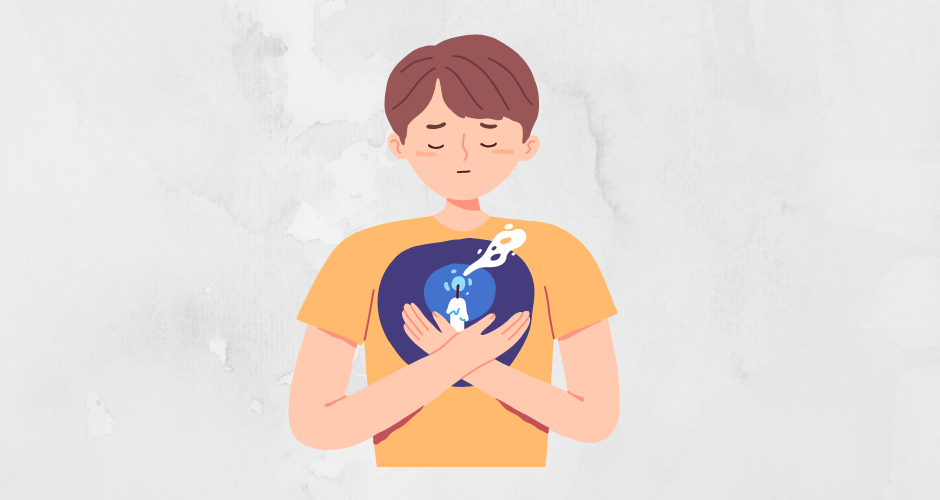
Whether you’ve experienced a traumatic event or are struggling with the loss of a loved one, it’s important to know that healing and recovery are possible. As you cope with this new or ongoing pain, give yourself space to feel the way you do with no judgment.
Express Your Emotions
It’s important to allow yourself to express your emotions when coping with trauma and grief. This might involve talking to someone about how you’re feeling. You can also release your emotions alone by means of writing in a journal, engaging in creative activities such as drawing or painting, or listening or writing music.
Find Meaning and Purpose
Finding meaning and purpose in the present can help with coping and moving forward. This may involve volunteering, engaging in a hobby, or setting small goals and working towards them.
Practice Self-Care
Taking care of yourself is essential to overall mental wellness to face grief. Self-care includes getting enough sleep, eating a healthy diet, and engaging in regular exercise. It’s also important to engage in activities that bring you joy and help you relax such as reading a book, taking a bath, or spending time in nature.
Seek Support
One of the most important things you can do when coping with trauma and grief is to seek support. This might include talking to a trusted friend or family member, joining a support group, or seeking professional help from a therapist or counselor. It’s important to know that you don’t have to go through this alone.
Mindfulness Skills
There are numerous strategies you can use to reduce sudden stress and anxiety as they happen. We have listed destressing skills, anxiety and emotion management, and communication skills to help you get started in the journey of healing. With practice, you can begin to take charge of your emotions and work towards facing the source of your trauma or grief.
Coping with trauma and grief can have a profound impact on your life, leaving you feeling overwhelmed, anxious, and disconnected from others. With time and self-care, you can move forward. Remember, everyone is different, so it’s important to find the strategies that work best for you.
If you’re struggling with trauma or grief, consider seeking support from a mental health professional who can help you develop a personalized plan for healing and recovery.
